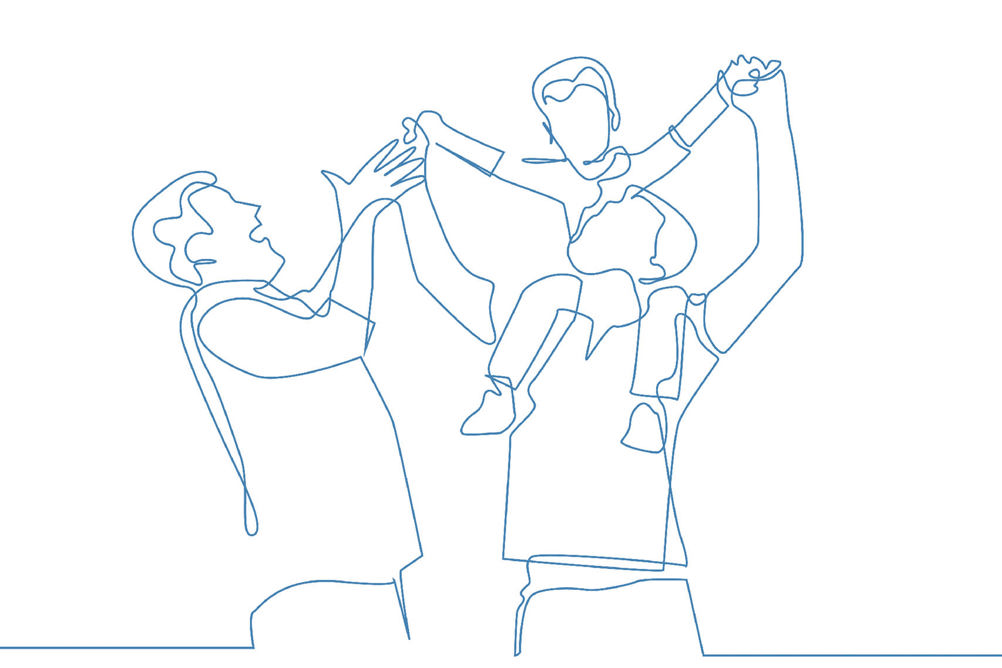
Initially established in 2015 to provide therapies for children adopted from care up to age 18, or 25 if they had an education, health and care plan (EHCP), the fund was extended in 2016 to children up to 21, those who left care on an SGO and those adopted from abroad. In 2022, it was made available to those who left care under a CAO.
Following months of uncertainty, the government confirmed last month that the ASGSF will continue until March 2026. The total funding pot of £50mn for 2025/26 is the same as in 2024/25 but there are several changes to how the fund is administered.
How much is available?
In 2025/26, in order to maximise the number of children who are able to access this fund, the Department for Education has decided to cut the overall Fair Access Limit (FAL) from £5,000 to £3,000 per child. The FAL is essentially a funding cap for the amount that can be spent on a child's assessment and therapy.
Previously, there was a separate FAL for specialist assessments up to the level of £2,500 but this will now be considered within the overall FAL of £3,000.
The DfE says it will no longer be able to offer match funding applications for therapy which costs more than the £3,000 FAL, or for specialist assessments which cost more than £2,500. Until now it provided up to 50% of the funding for up to £30,000 per child, with the rest provided by the local authority.
Why and what impact?
The DfE say the “difficult” decision was made “to ensure that the funding can continue to support as many families as possible” and that the fund will still enable many children to “access a significant package of therapeutic support”.
The number of approved applications has grown significantly in recent years, from 13,046 in 2020/21 to 19,495 in 2023/24.
However, campaigners have slammed the move saying it will significantly reduce the level of therapeutic support available.
Coram chief executive Carol Homden says: “It is disappointing to see that as more children are coming forward, their access is being further limited.”
Satwinder Sandhu, chief executive of CVAA, described the move as a “step backwards” for vulnerable children, adding: “We do not believe the trauma they have experienced can be meaningfully addressed within the constraints of the new funding limits.”
Who can apply?
The ASGSF is available for children up to and including the age of 21, or 25 for children with an EHCP who:
- are living (placed) with a family in England while waiting for adoption
- were adopted from local authority care in England, Wales, Scotland or Northern Ireland and live in England
- were adopted from abroad and live in England with a recognised adoption status
- were in care immediately before an SGO was made
- left care under a special guardianship order which subsequently was changed to an adoption order, or vice versa
- left care under a CAO to enable the assessment of a potential special guardian.
Local authorities and RAAs must apply within three months of assessing a family's support needs. The funding application must be made before therapy starts.
What will it pay for?
Councils and RAAs decide on the type of support to be funded and once approved by the fund they will purchase this from its list of approved providers.
Therapies funded include creative and physical therapies, family therapy, psychotherapy, parent training and therapeutic life story work.
Under the new funding arrangements, applications that exceed the new restrictions and are yet to be approved may need to be amended and resubmitted.
The DfE says it will honour applications approved for 2025/26.
Future plans
The DfE says future funding will be subject to Spending Review decisions. As a result, it will only consider applications where the therapy or specialist assessment will be fully completed before the end of March 2026.
It adds that an announcement on plans for the ASGSF for 2026 onwards will be made “in due course”.

